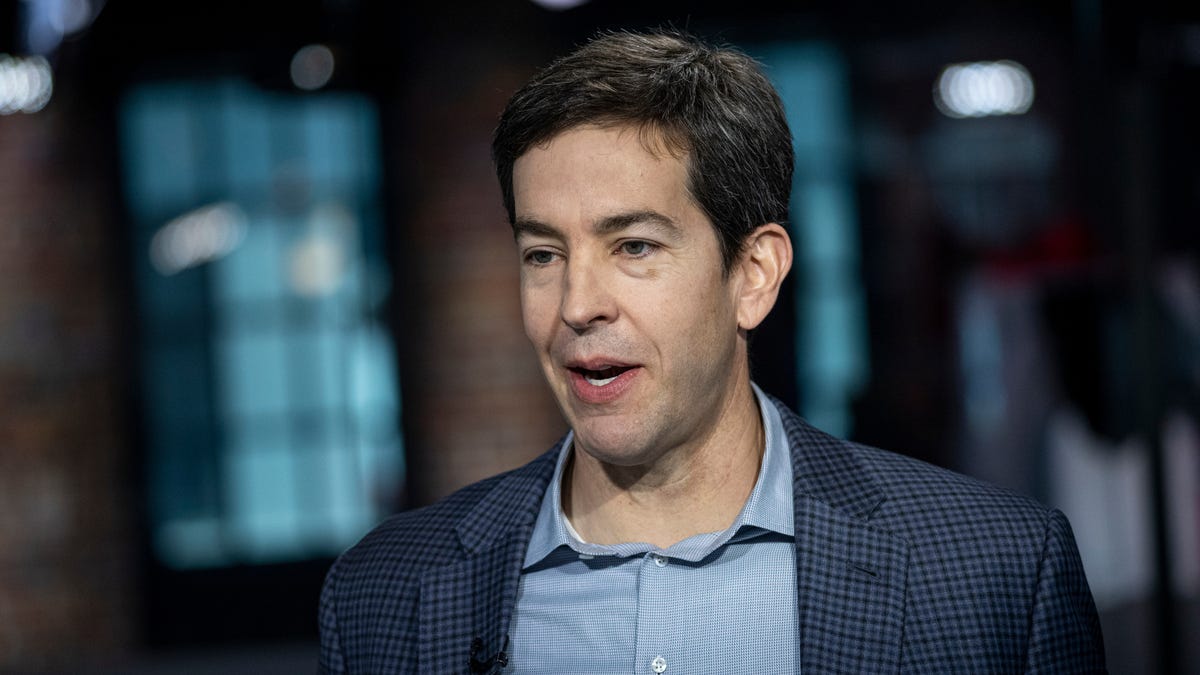Microsoft may be leading the generative artificial intelligence race with OpenAI by its side, but the partnership might end up helping Google, a cybersecurity leader said.
Todd McKinnon, chief executive of cybersecurity firm Okta, told CNBC that while Microsoft is handing its AI research and development efforts over to OpenAI, search-engine giant Google is “probably doing the best job of actually not having to outsource their R&D.” He added that that transformers that power generative AI — deep learning models that learn context and meaning from tracking relationships in sequential data-like sentences — “all came from Google, with DeepMind and the research.” Transformers were first described in 2017 in a research paper by a team that included Google Brain.
“I mean, the breakthrough was the research from Google, McKinnon told CNBC, saying the transformers algorithms are being used by all the large language models to make these big advancements,” .
Meanwhile, Microsoft could end up as a consultancy for OpenAI, he said. Microsoft’s generative AI assistant, Copilot, and its AI PCs, incorporate tech developed by ChatGPT-maker OpenAI. Microsoft has a multi-year, multi-billion dollar partnership with the AI startup to develop the technology together.
“It’s so bizarre,” McKinnon told CNBC. “Imagine working at Microsoft. OpenAI is over there making all the exciting stuff. It’s almost like Microsoft is going to turn into a consulting company.”
So far Google’s own efforts have stumbled in the AI race, and it is starting to face competition to its search engine dominance from AI tools, including ChatGPT.
Google’s AI Overviews feature, rolled out in May and meant to give users a summary of information on the internet when they search, has gained unfortunate headlines for generating nonsensical and even dangerous responses to queries, telling some users to put glue on their pizza and eat rocks. Earlier this year, Google’s Gemini AI model was criticized for generating “historically inaccurate” images.
McKinnon told CNBC that AI is different from previous tech waves — it has large financial backing from tech giants, rather than disruptice technologies of the past like PCs, where startups rather than large computer companies often had the advantage.
There’s no new AI model that’s like a PC, McKinnon said. “The only reason OpenAI can get it working is because the great R&D that they needed — $10 billion from Microsoft, to run the model — that wasn’t like a disruptive thing, that was a $10 billion investment.”

